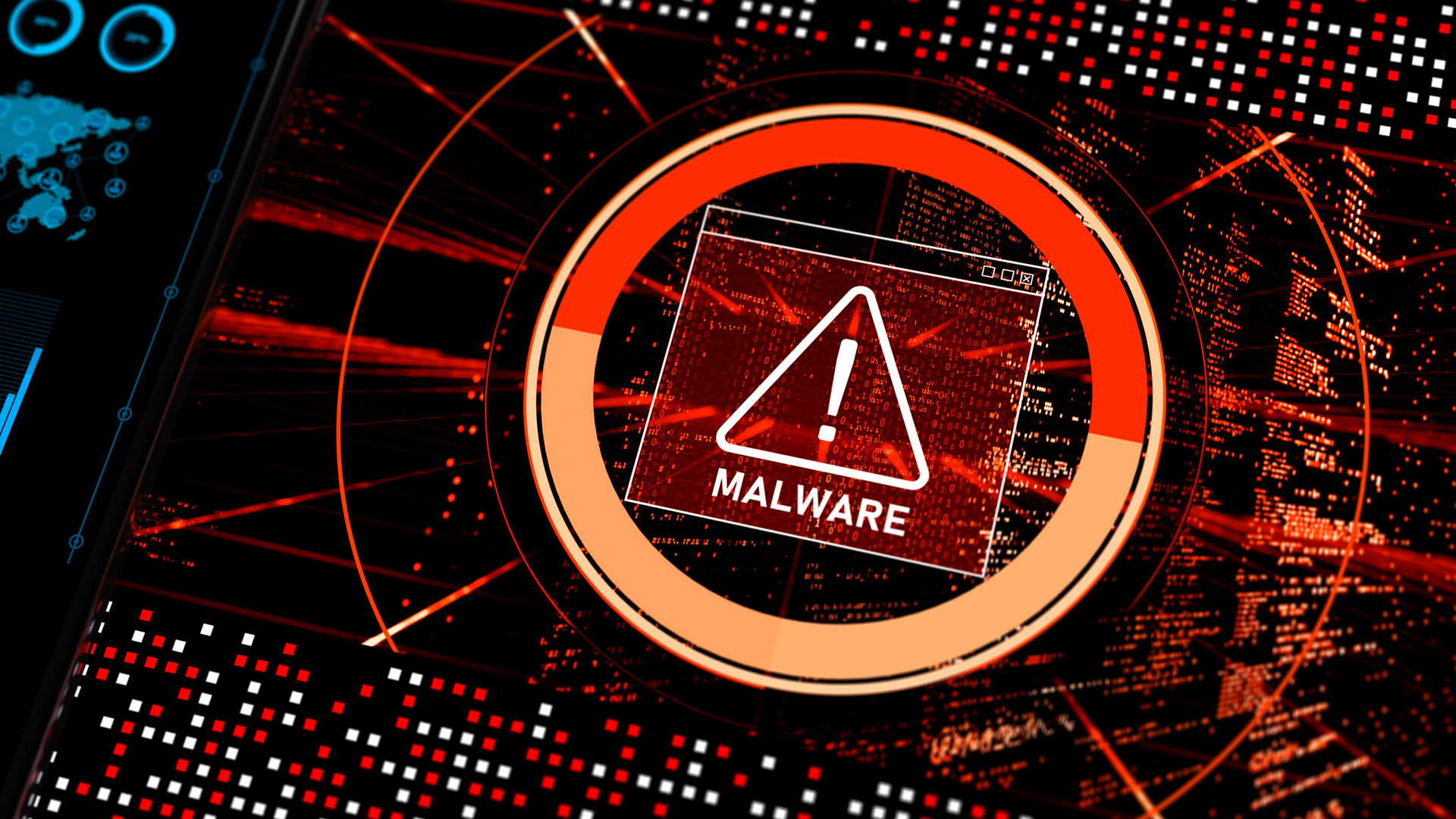Zero trust, zero phish
Protecting against deceptive and dangerous link-based attacks


Link-based attacks have become the go-to method for stealing credentials, loading malware/ransomware, and extracting sensitive information. Join this webinar to learn how organizations can proactively insulate their workforce from malicious web content that comes through email, text messages, instant messaging, social media, cloud productivity apps, and more.
As modern phishing attacks become more deceptive, even the best trained security solutions struggle to accurately identify malicious links 100% of the time. Link shorteners further complicate this problem by enabling deferred attacks, where malicious links embedded in emails are activated post-delivery, effectively evading inbound security controls.
While email is still the primary delivery mechanism for malicious links, attackers have expanded their tactics beyond just email, engaging users across various applications used for daily collaboration. This attack technique, known as multi-channel phishing, has emerged as a preferred method for exposing users to a wide range of threats.
Join us to learn more about:
- Why deferred and multi-channel attacks are becoming more popular (and dangerous!)
- How attackers target users across various applications used for daily collaboration
- How to thwart link-based attacks that bypass traditional security controls
- How Cloudflare’s proprietary isolation technology protects users without them knowing
Provided by Cloudflare
Get the ITPro daily newsletter
Sign up today and you will receive a free copy of our Future Focus 2025 report - the leading guidance on AI, cybersecurity and other IT challenges as per 700+ senior executives
ITPro is a global business technology website providing the latest news, analysis, and business insight for IT decision-makers. Whether it's cyber security, cloud computing, IT infrastructure, or business strategy, we aim to equip leaders with the data they need to make informed IT investments.
For regular updates delivered to your inbox and social feeds, be sure to sign up to our daily newsletter and follow on us LinkedIn and Twitter.
-
 ‘Phishing kits are a force multiplier': Cheap cyber crime kits can be bought on the dark web for less than $25 – and experts warn it’s lowering the barrier of entry for amateur hackers
‘Phishing kits are a force multiplier': Cheap cyber crime kits can be bought on the dark web for less than $25 – and experts warn it’s lowering the barrier of entry for amateur hackersNews Research from NordVPN shows phishing kits are now widely available on the dark web and via messaging apps like Telegram, and are often selling for less than $25.
By Emma Woollacott
-
 Seized database helps Europol snare botnet customers in ‘Operation Endgame’ follow-up sting
Seized database helps Europol snare botnet customers in ‘Operation Endgame’ follow-up stingNews Europol has detained several people believed to be involved in a botnet operation as part of a follow-up to a major takedown last year.
By Emma Woollacott
-
 This potent malware variant can hijack your Windows PC, steal passwords, and more: Neptune RAT is spreading on GitHub, Telegram, and even YouTube – and experts warn 'anyone could use it to launch attacks'
This potent malware variant can hijack your Windows PC, steal passwords, and more: Neptune RAT is spreading on GitHub, Telegram, and even YouTube – and experts warn 'anyone could use it to launch attacks'News Neptune RAT can hijack Windows PCs and steal passwords – and it's spreading fast
By Emma Woollacott
-
 Warning issued over ‘fast flux’ techniques used to obscure malicious signals on compromised networks
Warning issued over ‘fast flux’ techniques used to obscure malicious signals on compromised networksNews Cybersecurity agencies have issued a stark message that too little is being done to sniff out malware hiding in corporate networks
By Rory Bathgate
-
 Healthcare systems are rife with exploits — and ransomware gangs have noticed
Healthcare systems are rife with exploits — and ransomware gangs have noticedNews Nearly nine-in-ten healthcare organizations have medical devices that are vulnerable to exploits, and ransomware groups are taking notice.
By Nicole Kobie
-
 Have I Been Pwned owner Troy Hunt’s mailing list compromised in phishing attack
Have I Been Pwned owner Troy Hunt’s mailing list compromised in phishing attackTroy Hunt, the security blogger behind data-breach site Have I Been Pwned, has fallen victim to a phishing attack targeting his email subscriber list.
By Jane McCallion
-
 Fake file converter tools are on the rise – here’s what you need to know
Fake file converter tools are on the rise – here’s what you need to knowNews The FBI has issued an alert over the rise of fake file converter tools available online after observing a spate of scams and ransomware attacks.
By Emma Woollacott
-
 Security experts warn of ‘contradictory confidence’ over critical infrastructure threats
Security experts warn of ‘contradictory confidence’ over critical infrastructure threatsNews Almost all critical national infrastructure (CNI) organizations in the UK (95%) experienced a data breach in the last year, according to new research.
By Emma Woollacott

